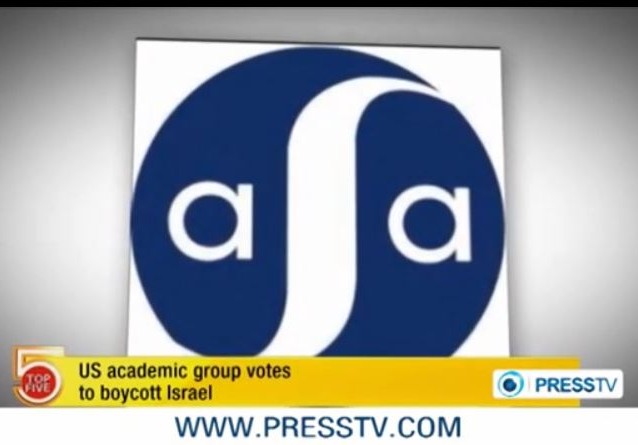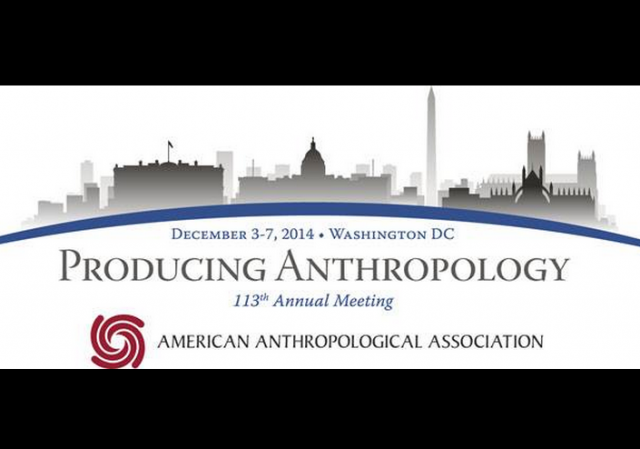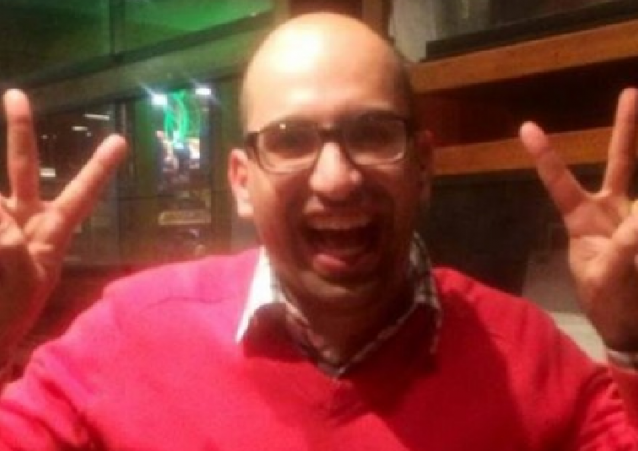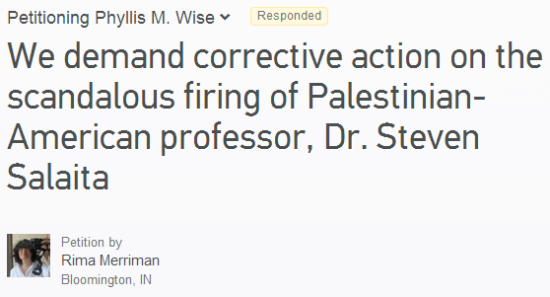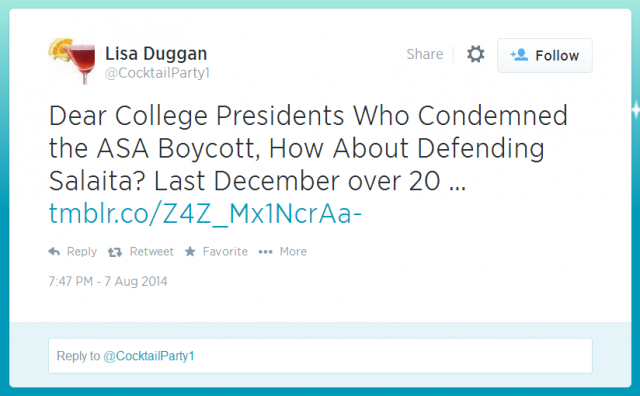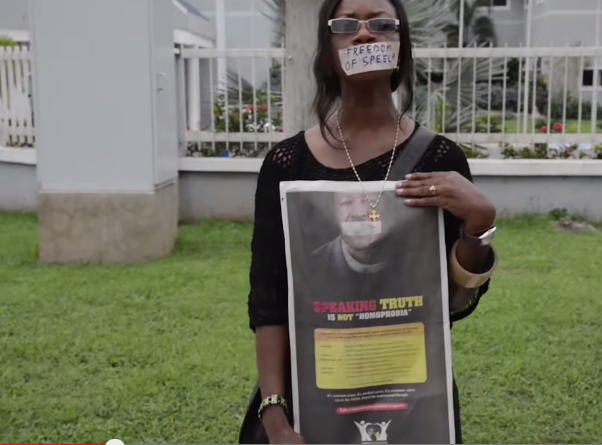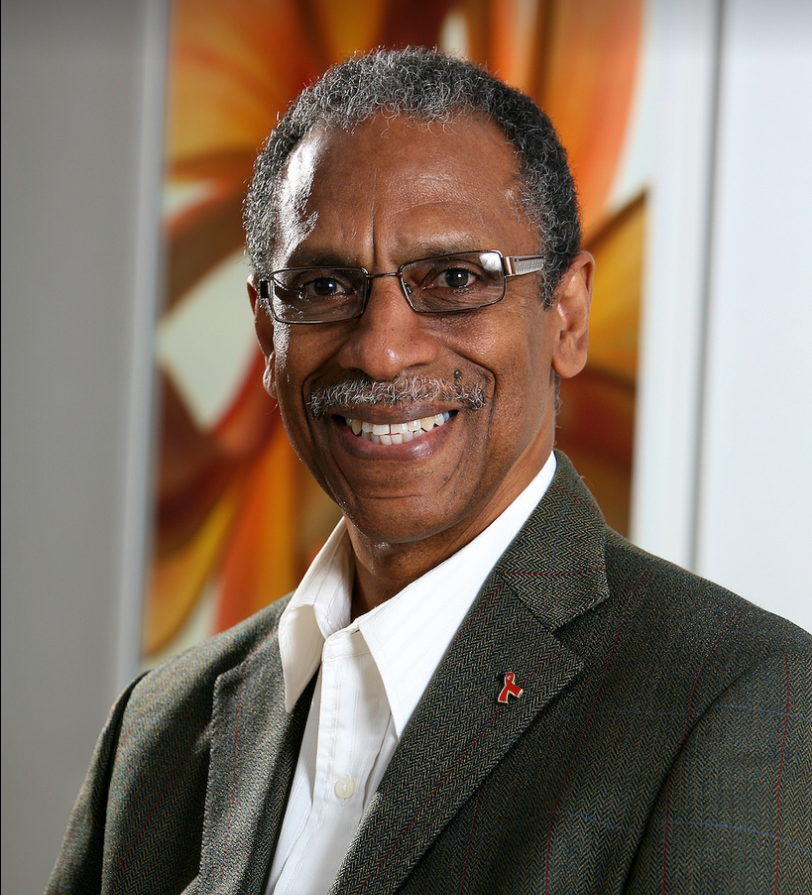Academic boycott busted — American Studies Assoc backs off anti-Israel conference rules
on October 18, 2014
10 Comments
We have covered the American Studies Association academic boycott of Israel since inception, and compiled the definitive list and accompanying statements of universities and associations rejecting the boycott. Scroll through the ASA Tag for the full history.
The short version is that the boycott targeted all Israeli academic institutions, and importantly, faculty and scholars acting on behalf of the institutions either as representatives, ambassadors or by virtue of administrative status.
From the earliest days of the ASA boycott, ASA tried to make a distinction between individuals and institutions, as if boycotting an institution was not also boycotting the people who worked there.
That was a critical charade, because the boycotting of individuals was too odious even for many people supporting the academic boycott. So ASA could have a boycott of individuals while pretending it was not boycotting individuals.
That ASA distinction was set forth in a December 4, 2013 statement of the ASA National Council supporting the boycott and advocating for membership approval:
Our resolution understands boycott as limited to a refusal on the part of the Association in its official capacities to enter into formal collaborations with Israeli academic institutions, or with scholars who are expressly serving as representatives or ambassadors of those institutions, or on behalf of the Israeli government ....That is a distinction ASA made throughout its public statements and position papers -- if you were a representative of an Israeli institution, or if you had an administrative title, you were boycotted. For example, a form letter ASA distributed to members to be given to university administrators made the same distinction:

